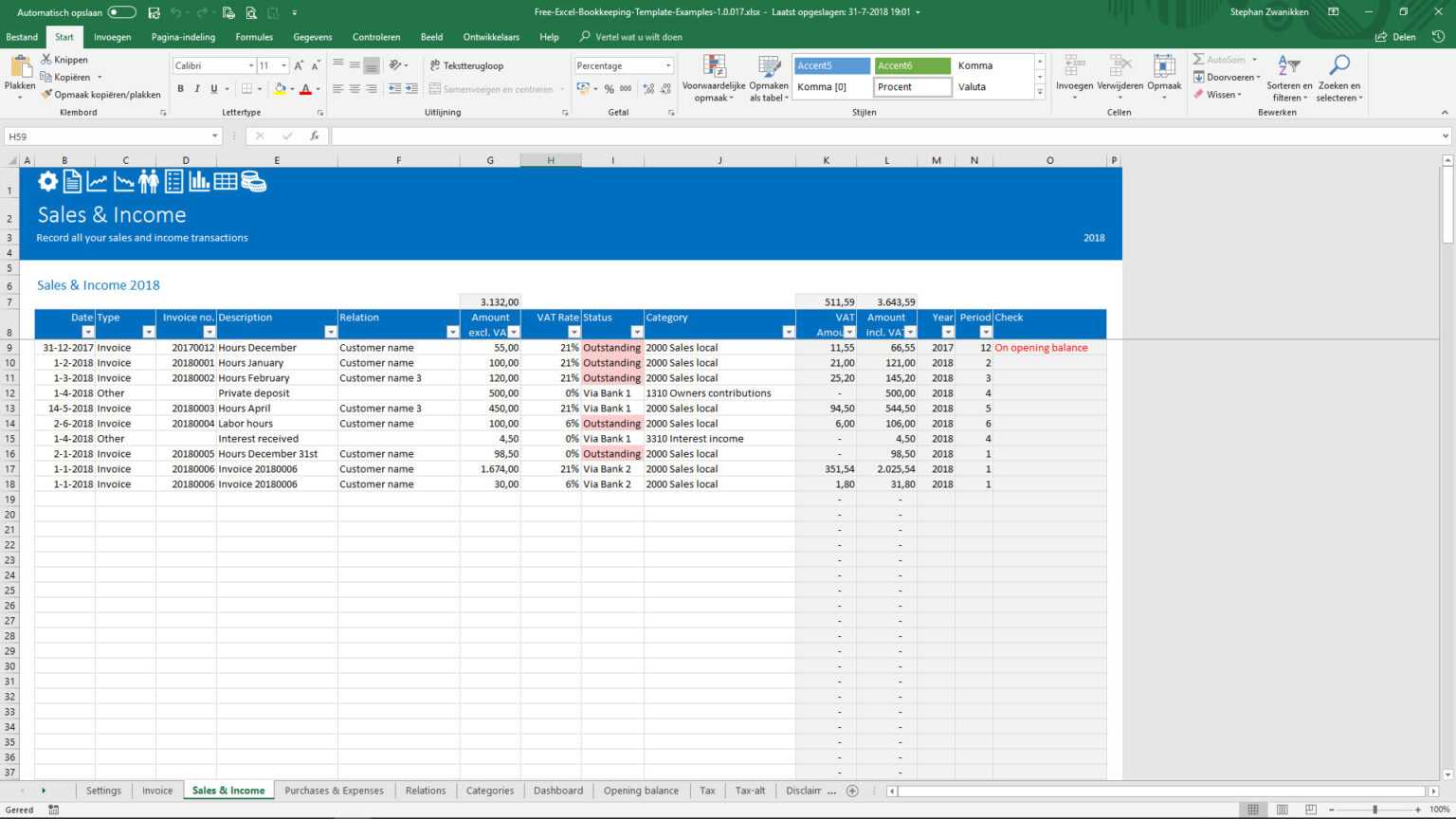

You’ll want to create a regular schedule for your bookkeeping.
#SMALL BUSINESS BOOKKEEPING SOFTWARE#
This is where software comes in handy – it can import your bank information so you don’t have to do it all manually.

You must make sure you record exact amounts for each credit and debit, and organize them into the right business account categories. Every single transaction you make needs to be recorded correctly. This is your day-to-day bookkeeping practice. Equity – this includes dividends, stock shares, and your capital as the owner.Insurance and interest expense count here, too. Expense – cash that flows out, like utility payments or payroll.Revenue/income – any money you earn from sales.This includes accounts payable and interest payable. Liabilities – any debts you owe, payments you have to make.Accounts receivable, cash, real estate, and inventory are all assets. Assets – anything you own or have, like your brick-and-mortar property, inventory, even your laptop.This helps you sort your transactions into one of five categories: Set Up Your Business AccountsĪfter your general ledger is in place, you’ll set up your accounts within it. Every transaction you make has to be entered into this ledger, and bookkeeping software can help you do this automatically, saving you time and headaches. While you can use an actual book to do this if you want to be old school (or drive yourself crazy), most businesses either use a simple spreadsheet or bookkeeping software. Once you’ve chosen your bookkeeping method, you’ll set up your general ledger. This helps you catch mistakes early on before they turn into major financial problems. Double-entry bookkeeping has you record an entry twice, as a debit and then as a credit. Single-entry is simpler – you record each transaction a single time in your overall ledger – but it can be less accurate. To set up bookkeeping for your small business, you’ll want to start by choosing which bookkeeping method you use: single-entry (also known as cash basis accounting) or double-entry (also called accrual accounting). Your bank statements may be a good starting point, but good bookkeeping goes much further. Basic bookkeeping is simply keeping track of every financial transaction your business does – what money you spend, what money you bring in, and what you do with your money. Small Business Bookkeeping 101: The Basicsīookkeeping is the regular recording of all of your financial transactions. Here are some ideas on what bookkeeping entails, and how you can establish good bookkeeping habits to keep your business up and running.

But if you didn’t go to school for accounting (and most small business owners haven’t), you may not know where to start. If you want to run a successful small business, you’ll need sound bookkeeping to make sure your finances are in order, you’re following all financial laws, and you can predict what you’ll need to do in terms of finances going forward.


 0 kommentar(er)
0 kommentar(er)
